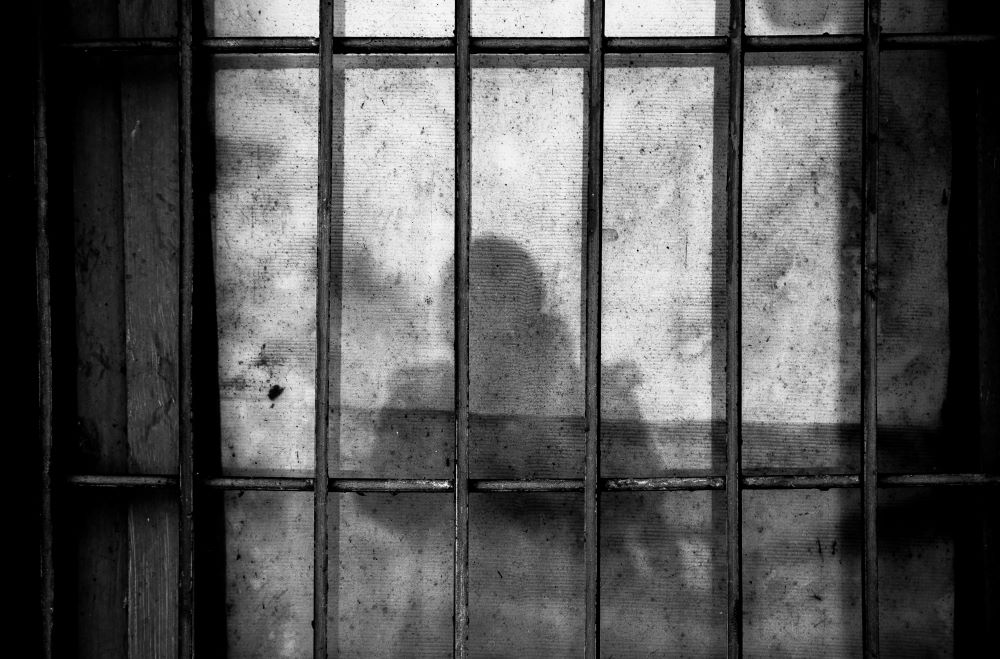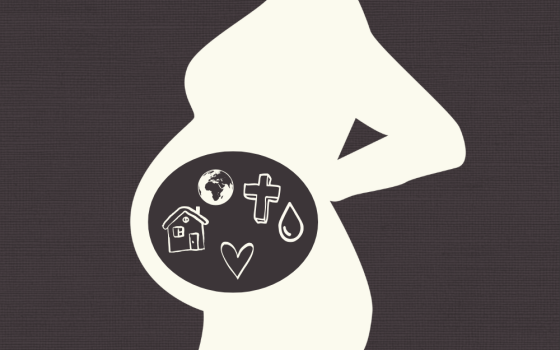
(Unsplash/Ye Jinghan)
How often in life do we have "breakthroughs," especially while facing our insecurities? As religious women and men, we have several insecurities. By the very nature of our consecrated lives, we choose to leave our families and places of origin to adapt to new cultures, new people, new communities, new apostolates, new ways of living, etc. Though there is excitement about "newness," challenges also come with a new set of questions, fears, doubts, uncertainties and insecurities.
A common insecurity that bothers us is the myth of not-enough. There is within us a sense of not enough-ness, unworthiness and inadequacy despite achievements and accomplishments. Often, we are unaware that this myth drives our movements and overshadows every aspect of our lives. It manifests itself in our desires and attitudes: the desire to be first; racist and caste-based attitudes; prejudices and stereotypes regarding other religions, ethnic groups, nationalities, etc. It is also manifested in our actions and strivings — our controlling tendencies in interpersonal relationships; our condescending glances and mannerisms, especially with subordinates; our striving for prestige, power and position.
When we relate from this state of insecurity, even an insignificant or trivial external act becomes a potential threat, triggering within us various emotions and unnecessary subsequent actions, which lead us once again to wallow in the myth of not-enough. This vicious cycle continues in us making us feel even more inadequate. It also makes us feel vulnerable. We often overlook the hidden strength in vulnerability — a force that can unlock profound breakthroughs in confronting our insecurities.
There is nothing shameful about being weak or vulnerable. It is OK to say, "I am broken."
This was the case in my life. My insecurity manifested itself under the guise of self-pity when I was sent on a mission abroad. As I struggled with a new culture, a new language, a new ambience, a new set of sisters in the community, I slipped unknowingly into self-pity, feeling disoriented and distraught, until an early misty and chilly morning when I encountered a poor immigrant walking by with a light jacket and broken footwear that exposed his frostbitten feet. His clothes were insufficient for the cold. He dragged his feet along as he walked. It was indeed painful to see him in that state. Before I could reach him, he disappeared into the crowd.
I didn't see him again, but this was not just any other passing event. It pierced my unconscious and made me relook into myself. It was a breakthrough event, as it led me to reflect on my own insecurities and vulnerabilities, offering me three insights.
The first insight was the acceptance of one's own vulnerabilities. This is not condoning one's state, but not pretending their absence either. It is accepting that one is helpless and weak. There is nothing shameful about being weak or vulnerable. It is OK to say, "I am broken." It is a challenge to face one's own situation with calmness. It is to hold my insecurity in my fragile cupped hands with a deep sense of groundedness. This is not the same as accepting the present situation as one's fate, but it is primarily acceptance of where one is. It is to understand that the present reality also contains the possibility of growth beyond perceived changes, struggles, dilemmas, risks, threats, fears, inhibitions, limitedness, uncertainties, helplessness and insecurities in finance, relationships, status.
Advertisement
The second insight was to have a beginner's mind, a mind that is willing to learn to accept the state of unknowing. Often, we insist upon complete knowing. We wish to be certain of the entire path, not understanding that, as Rumi, the Sufi poet, says, "When you start to walk on the way, the way appears to you."
The third insight is about the journey forward. That man dragged his feet; nevertheless, he walked towards his destiny with a glimmer of hope and deep trust in the one who is The Way. We find it difficult to walk because we are crawling beneath the burden of our insecurities, weighed down by our past regrets. How often we refuse to walk, forgetting that we have a destiny to reach and an invisible divine supporter who walks with us. We need courage to move forward, leaving the past behind — past failures, past mistakes, past missed opportunities, etc. We move forward with hope.
My final realization was that breakthroughs can come at any point and from any direction, even from what we fear to behold. In encountering life as it comes, breaking through insecurities isn't impossible.





